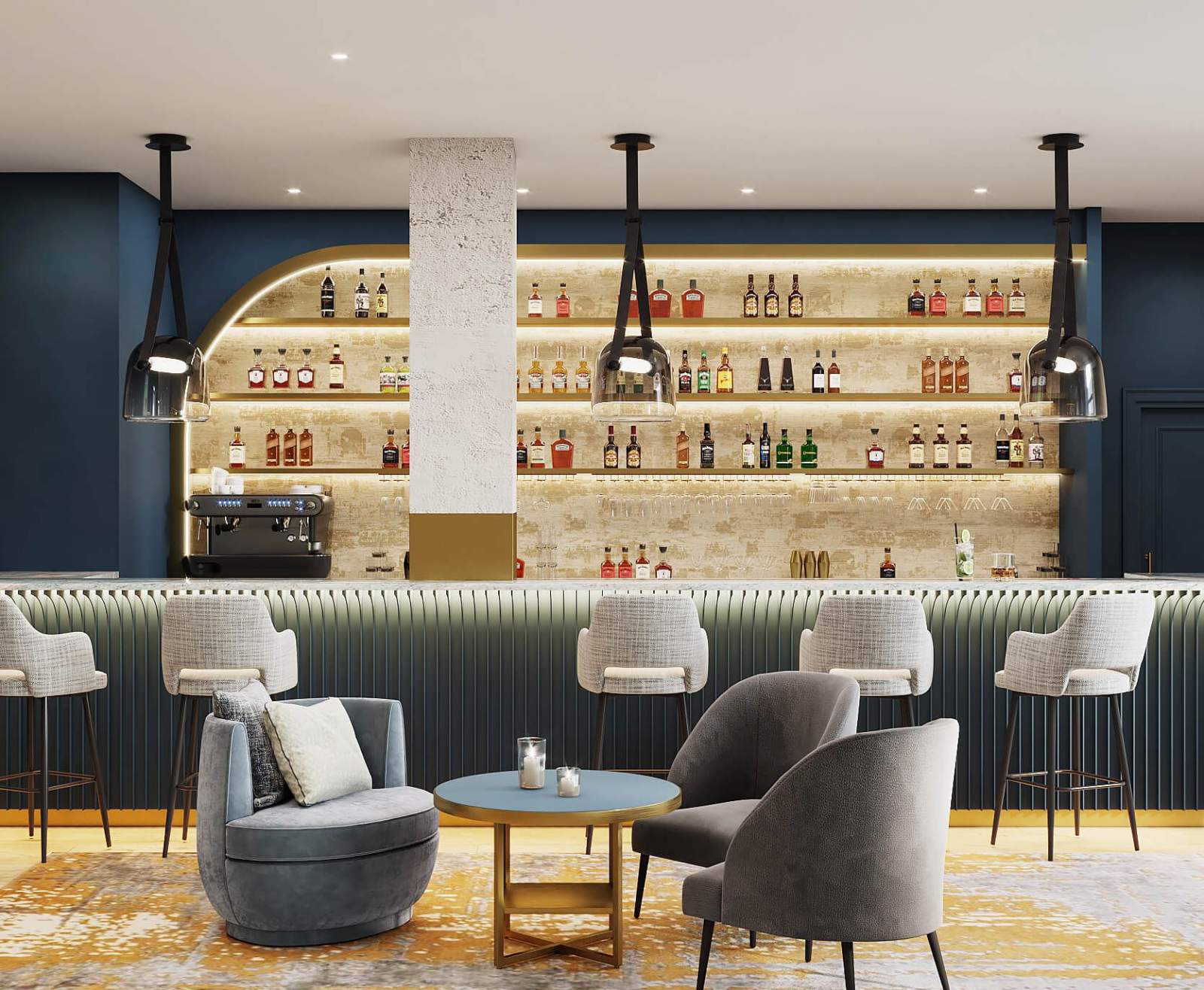[vc_row njt-role=”people-in-the-roles” njt-role-user-roles=”administrator,editor,author,armember”][vc_column][vc_column_text]
In the era of the climate emergency, luxury tourism is also adapting to the demand of more eco-responsible travelers.
Sustainable tourism is becoming more and more popular. The tendency is to preserve nature, to share, to respect the populations met and no longer to mass tourism and other organized tours.
Eco-responsible travelers seek to minimize their impact on the environment. They also have an important impact on the local economy and culture and work, on their scale, to reduce poverty.
Eco-tourism consists in travelling in the middle of nature, contributing to the protection of biodiversity. Ethical or solidarity tourism aims to support local populations. We can also mention slow-tourism, which, as its name indicates, proposes to take one’s time by favoring less energy-intensive means of transportation and the discovery of the country’s culture.
What are the motivations of these new eco-travelers?
Today, social networks influence more and more travelers. Influencers, bloggers, youtubers, journalists, there are many actors who take us on their adventures through their stories. Eco-tourism has not escaped the phenomenon.
According to a study conducted by Amadeus, “60% of French travelers say they are concerned about the environmental footprint of their trips, and more than a third of French people deplore the lack of information provided by travel agencies on the subject.”
With the pandemic, the French have had to curb their desire to travel around the world and reduce distances, or even stay in France. If some saw it as a constraint, for others, it was rather a godsend. Indeed, the Travelzoo study indicates that when it comes to transportation, “38% of French travelers prefer to ‘travel locally’ and avoid long-distance trips.” On the spot, nearly a third make their trips by bike or public transport. This is interesting given that travel is the primary source of pollution in this area. Hence the launch in Sweden of the “flygskam” movement, which consists of boycotting air travel in the face of the climate emergency.
What about luxury?
The players in the luxury tourism industry are themselves taking this evolution into account. The most affluent customers have also become aware of the climate emergency and are looking for commitments from the hotels in which they stay. They also want to meet local populations and consume locally.
While some hotels continue to assert their luxury status in their communications, others are banking on “less is more” and are more discreet about their positioning. Less fond of pomp and circumstance, their clientele is looking for a unique and almost inaccessible experience. These hotels can be located in places that are rarely visited, wild and extremely rich in culture.
If luxury hotels are taking sustainable measures to attract a new clientele, they are also doing so to adapt to ecological charters and eco-labels, which are now essential for their image. For the past ten years, 4 and 5 star hotels, as well as palaces, have been surfing on the trend and want to obtain the labels that certify their eco-responsible programs.
Today, many hotels have succeeded in combining ecology and luxury service by integrating larger green spaces, concocting dishes with local products, or making efforts in waste management.
Read also > Luxury tourism: Strong tourism momentum in Europe, benefiting the luxury sector
Featured photo : © Hôtel Fleur de Loire [/vc_column_text][/vc_column][/vc_row][vc_row njt-role=”not-logged-in”][vc_column][vc_column_text]
In the era of the climate emergency, luxury tourism is also adapting to the demand of more eco-responsible travelers.
Sustainable tourism is becoming more and more popular. The tendency is to preserve nature, to share, to respect the populations met and no longer to mass tourism and other organized tours.
Eco-responsible travelers seek to minimize their impact on the environment. They also have an important impact on the local economy and culture and work, on their scale, to reduce poverty.
Eco-tourism consists in travelling in the middle of nature, contributing to the protection of biodiversity. Ethical or solidarity tourism aims to support local populations. We can also mention slow-tourism, which, as its name indicates, proposes to take one’s time by favoring less energy-intensive means of transportation and the discovery of the country’s culture.
What are the motivations of these new eco-travelers?
[…][/vc_column_text][vc_cta h2=”This article is reserved for subscribers.” h2_font_container=”tag:h2|font_size:16|text_align:left” h2_use_theme_fonts=”yes” h4=”Subscribe now !” h4_font_container=”tag:h2|font_size:32|text_align:left|line_height:bas” h4_use_theme_fonts=”yes” txt_align=”center” color=”black” add_button=”right” btn_title=”I SUBSCRIBE !” btn_color=”danger” btn_size=”lg” btn_align=”center” use_custom_fonts_h2=”true” use_custom_fonts_h4=”true” btn_button_block=”true” btn_custom_onclick=”true” btn_link=”url:https%3A%2F%2Ftest2023.luxus-plus.com%2Fen%2Fsubscriptions-and-newsletter-special-offer-valid-until-september-30-2020-2-2%2F”]Get unlimited access to all articles and live a new reading experience, preview contents, exclusive newsletters…
Already have an account ? Please log in.
[/vc_cta][vc_column_text]Featured photo : © Hôtel Fleur de Loire[/vc_column_text][/vc_column][/vc_row][vc_row njt-role=”people-in-the-roles” njt-role-user-roles=”subscriber,customer”][vc_column][vc_column_text]
In the era of the climate emergency, luxury tourism is also adapting to the demand of more eco-responsible travelers.
Sustainable tourism is becoming more and more popular. The tendency is to preserve nature, to share, to respect the populations met and no longer to mass tourism and other organized tours.
Eco-responsible travelers seek to minimize their impact on the environment. They also have an important impact on the local economy and culture and work, on their scale, to reduce poverty.
Eco-tourism consists in travelling in the middle of nature, contributing to the protection of biodiversity. Ethical or solidarity tourism aims to support local populations. We can also mention slow-tourism, which, as its name indicates, proposes to take one’s time by favoring less energy-intensive means of transportation and the discovery of the country’s culture.
What are the motivations of these new eco-travelers?
[…][/vc_column_text][vc_cta h2=”This article is reserved for subscribers.” h2_font_container=”tag:h2|font_size:16|text_align:left” h2_use_theme_fonts=”yes” h4=”Subscribe now !” h4_font_container=”tag:h2|font_size:32|text_align:left|line_height:bas” h4_use_theme_fonts=”yes” txt_align=”center” color=”black” add_button=”right” btn_title=”I SUBSCRIBE !” btn_color=”danger” btn_size=”lg” btn_align=”center” use_custom_fonts_h2=”true” use_custom_fonts_h4=”true” btn_button_block=”true” btn_custom_onclick=”true” btn_link=”url:https%3A%2F%2Ftest2023.luxus-plus.com%2Fen%2Fsubscriptions-and-newsletter-special-offer-valid-until-september-30-2020-2-2%2F”]Get unlimited access to all articles and live a new reading experience, preview contents, exclusive newsletters…
Already have an account ? Please log in.
[/vc_cta][vc_column_text]Featured photo : © Hôtel Fleur de Loire[/vc_column_text][/vc_column][/vc_row][vc_row njt-role=”people-in-the-roles” njt-role-user-roles=”subscriber,customer”][vc_column][vc_column_text]









